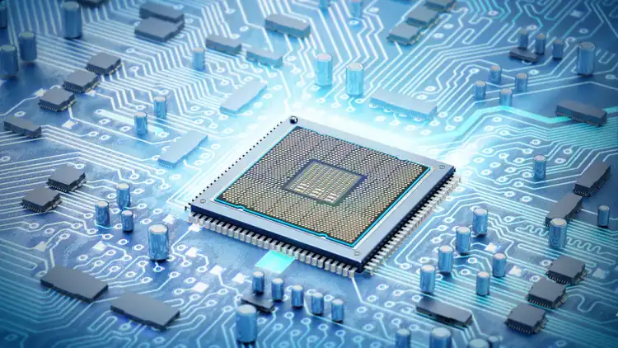
Nvidia, AMD, ASML, and TSMC Stocks Plunge Globally Amid Fears of Stricter US Export Rules to China and Trump’s Taiwan Defense Comments Impacting the Chip Industry
Fiona Nanna, ForeMedia News
4 minutes read. Updated 7:21AM GMT Thurs, 18July, 2024
Technology stocks worldwide experienced a significant downturn as concerns mount over the global computer chip industry. This broad sell-off was triggered by reports suggesting that the Biden administration might further intensify restrictions on the export of semiconductor equipment to China. Adding to the market’s anxiety were comments from former US President Donald Trump, asserting that Taiwan, the largest producer of chips, should fund its own defense.
In the United States, the tech-heavy Nasdaq index saw a steep decline of 2.7% on Wednesday. This downward trend was mirrored across Europe and Asia, with chip stocks taking a substantial hit. Bob O’Donnell, chief analyst at TECHnalysis Research, remarked, “Regardless of the outcome of the elections, I think we will see the US increase some of the restrictions. How far they will take it, though, is the big question.”
In Asia, semiconductor giant TSMC (Taiwan Semiconductor Manufacturing Company) experienced a 2.4% drop on Thursday. Tokyo Electron, a leading semiconductor equipment manufacturer, saw its shares plummet by approximately 8.8%. The US market was not spared, with Nvidia closing 6.6% lower on Wednesday, and AMD witnessing a significant loss of over 10%.
European markets followed suit, with ASML Holding, a prominent manufacturer of chip-making machinery, seeing its shares tumble by almost 11%. These declines followed a Bloomberg News report on Wednesday, indicating that the US government is preparing to impose its strictest curbs yet on semiconductor manufacturing equipment exports to China. The restrictions could severely impact firms like ASML and Tokyo Electron if they continue to provide China with access to advanced chip technology.
When contacted by the BBC, ASML declined to comment, while Tokyo Electron did not immediately respond to requests for a statement. The US Commerce Department has also been approached for a comment.
This development is part of a broader strategy by the Biden administration to limit China’s access to cutting-edge chip technology. In October, the administration-imposed restrictions on the export of advanced semiconductors used in artificial intelligence (AI) technology to China.
Mr. Trump’s remarks concerning Taiwan hinted at potential disruptions in the global chip supply chain. Taiwan remains the primary producer of the world’s advanced chips, underscoring its critical role in the industry.
Despite the current market turbulence, industry experts maintain a positive long-term outlook. Marco Mezger, Executive Vice President of Neumonda, a memory chip technology company, stated, “Investors always react to any remarks from the US, but despite these comments, the long-term business trend for the semiconductor industry is clearly going up.”
For more information on the implications of these developments, visit the BBC’s technology section.

